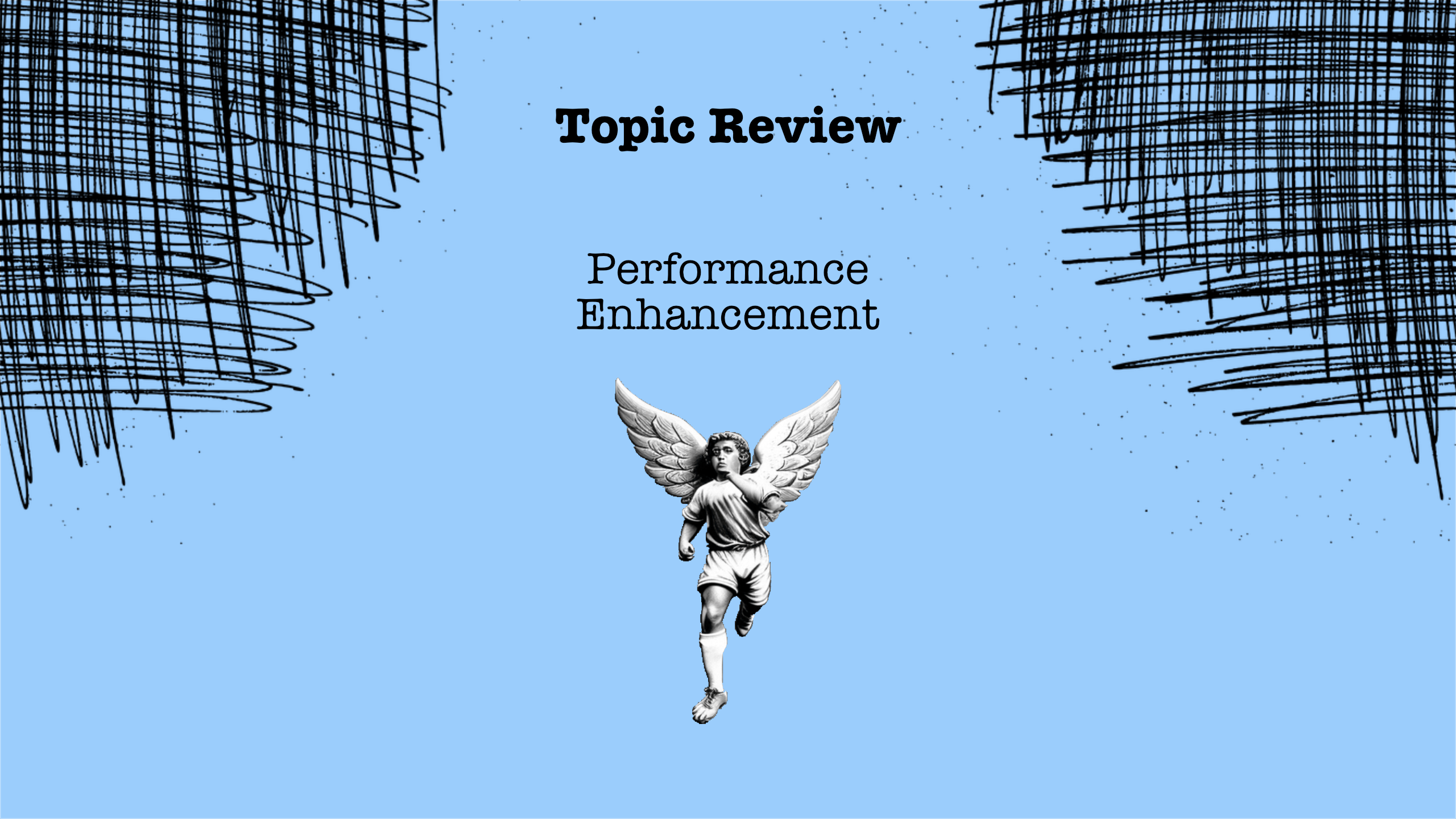Performance Enhancement
Performance enhancement in sports involves psychological training and mental skills development to improve both performance and well-being. Psychological training focuses on improving the psychological aspects necessary for performance. Mental training aims to develop mental skills that contribute to success and personal well-being. Skills training, from a psychological perspective, focuses on improving technical and tactical skills. The action situation in sports involves the interaction of the person, task, and environment. The four levels of action organization in sports involve (1) automatic movements, (2) adjusting movements based on sensory input, (3) mentally representing actions, and (4) controlling thoughts and actions through goal-setting and strategies. These levels help athletes improve their performance by developing reflexes, spatial-temporal awareness, mental imagery, and self-regulation skills.
